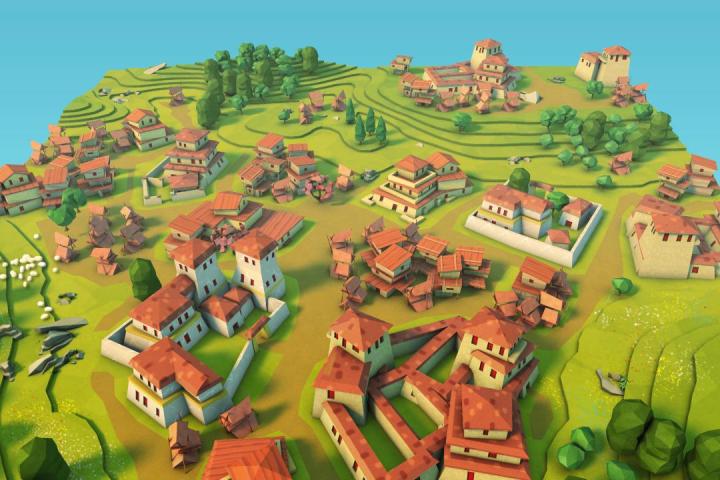
“I suppose the big mistake was estimating how long the game would take to make,” Molyneux lamented in a recent interview with The Guardian. “I very stupidly and naïvely didn’t build in enough contingency time into my predictions and I was 100-percent wrong. When you’re creating something that hasn’t existed before, it’s very, very hard to be precise about those things.”
Molyneux was sympathetic to the complaints that have been raining down about the game: “If I was pledging on this campaign I’d probably be saying the same thing as our backers. I’d be saying ‘I wanted a PC game, I wanted combat, I wanted a story. Why haven’t I got it? Why did you do the mobile version first?’ I wish I was more effective and efficient, and the next game we work on we’re going to make sure we keep behind closed doors for much longer. We’re going to make our mistakes and go down those blind alleys privately before presenting the game to the world.”
22 Cans has drawn a lot of heat since Eurogamer published an interview with Bryan Henderson, the winner of Molyneux’s Curiosity–What’s Inside the Cube, who was promised a “life changing” reward and a pivotal role in Godus, none of which the studio has delivered. For being the last person to click through the Curiosity Cube, Henderson was going to be the “God of Gods” in Godus, establishing in-game policy and earning a cut of its profits. Apparently, after the initial excitement, Henderson was soon cut out of the loop by 22 Cans and has yet to receive any of his prize, now a year and a half later.
Molyneux more or less invented the god game genre with Populous in 1989. Over the course of the ’90s, Molyneux and his studios, Bullfrog and then Lionhead, developed a string of beloved classics like Dungeon Keeper, Black & White, and Theme Hospital. In more recent years, however, the famous designer has gained a reputation for under-delivering on grandiose promises for projects like Fable. A satirical Twitter account, @PeterMolydeux, started in 2009 to parody Molyneux’s head-in-the-clouds design pontifications.
Imagine a FPS where your hair can overgrow and obstruct your view?
— petermolydeux (@PeterMolydeux) November 24, 2014
Molyneux, for his part, is apparently about fed up with all of the scrutiny, and told the Guardian that he intends to stop speaking publicly about his in-progress games.
“I love working on games, it is my life. I am so honoured to be a part of the games industry, but I understand that people are sick of hearing my voice and hearing my promises. So I’m going to stop doing press and I’m going to stop talking about games completely. And actually I’m only giving you this interview now in answer to this terrible and awful, emotional time over the last three days. I think honestly the only answer to this is for me to completely stop talking to the press.”
Multiple interviews with Molyneux have published on other sites since his appearance in The Guardian.


